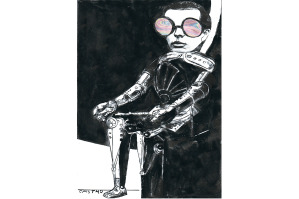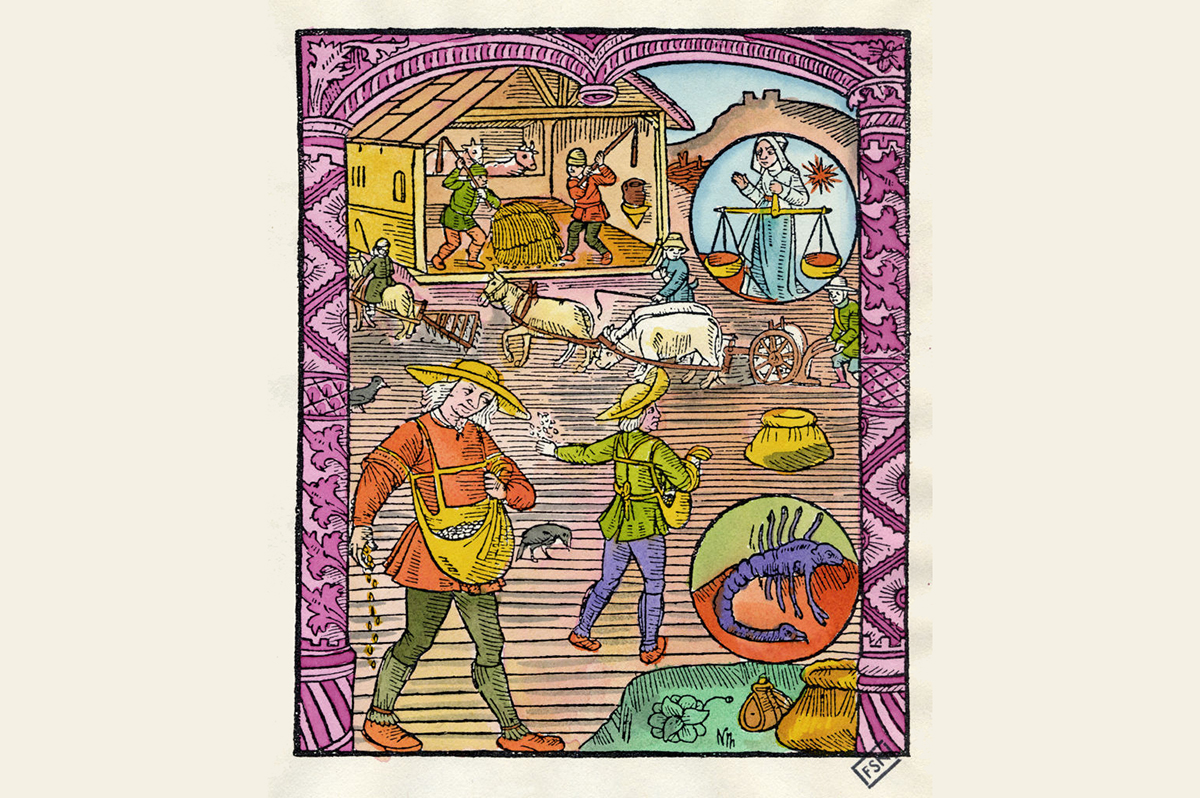The phone rang at 9 a.m. on Monday, with an old friend from Italy saying: ‘Of course I’ll do you a favor, my dear, but you don’t say what it is.’ I thought he’d finally lost his marbles (always a possibility with friends my age) but he said I’d just sent him an email asking if he would do me a favor. I hadn’t sent any emails that morning so I was mystified.
As soon as I put the phone down, another friend rang saying of course he would help, but he was in the park and it would have to wait till he got home. But what had to wait? ‘Sending the gift token you wanted.’ Apparently I’d emailed asking if he would do me a favor, he replied yes, and then I asked him to buy a £200 ($250) iTunes voucher for my niece’s birthday and put it in such and such an account because my bank card wasn’t working.
The next friend who rang said I had obviously been hacked and I needed to change my password, but that was no easy task when the phone never stopped ringing and AOL made it as difficult as possible to navigate its so-called help page. A neighbor even came round to say she didn’t know about iTunes vouchers but she could easily lend me £200.
It’s interesting it all started at 9 a.m. prompt, which suggests that hackers work office hours, maybe even work from an office? I think they’d probably stopped hacking by lunchtime, though the phone calls from friends went on all day and came so thick and fast I could barely go to the bathroom. Some friends seem to have been asked for a £200 iTunes voucher and others for a £200 Amazon voucher. The more observant of them noticed that while the first message came from my usual email address, the second one, asking for the voucher, came from a slightly different one. Amazon, much to its credit, recognized it as a scam immediately and gave a warning to those trying to send me a voucher, but AOL did diddly-squat. I’m still not sure about iTunes. My only hope is that my friends don’t know how to send iTunes vouchers any more than I do — though one had actually gone to the supermarket to see if she could buy one.
What was terribly touching was how generous my friends were. Nearly all of them seem to have replied yes to my request to do me a favor, even if some of them balked when they saw what it was, or recognized it as a scam. They must in turn have thought I was very generous to be sending my niece £200 for her birthday which I have never done. (Sorry, Freya.) Some of them rang to say they’d tried to send the voucher but Amazon warned them not to.
The other oddity was how randomly the hackers had gone through my contacts — one of my two closest friends got the request, but the other didn’t. My daughters didn’t. And the niece who was supposed to be the beneficiary of my largesse didn’t either. She would have been very surprised. Many of the emails went to people I hadn’t been in touch with for years (Fay Maschler, Prue Leith, Phyllida Barlow, who all recognized it as a scam), which meant I spent much of the day having catch-up conversations — ‘Oh how nice to hear from you. Where are you living now?’ — that seemed to take for ever.
And of course it was nice to hear from people I hadn’t spoken to for so long, and in other circumstances would have happily chatted to for half an hour, but I knew that there were other people waiting on the line, so I was brisker than I should have been. And nowadays I’m not used to spending all day on the phone. Even in lockdown, when I’ve had more phone calls than usual, it’s rarely more than three or four a day, whereas this was 50 or 60.
In the end, I closed my AOL account. (If anyone reading this gets a message from lynnbaba@aol.com don’t open it.) People have been telling me to leave AOL for years — apparently being on it at all marks you out as a dinosaur, a septuagenarian sucker ripe for hacking. But needless to say switching to another provider meant I had to spend the next two days sending out emails giving my new address. The whole business was time-consuming and tedious.
But actually, it was also heart-warming. To think I had all these kind friends who would say yes if I asked them a favor! And some of them even wanted to send me £200! Perhaps it could be my new career, now I’ve given up gaming.
This article was originally published in The Spectator’s UK magazine. Subscribe to the US edition here.

























